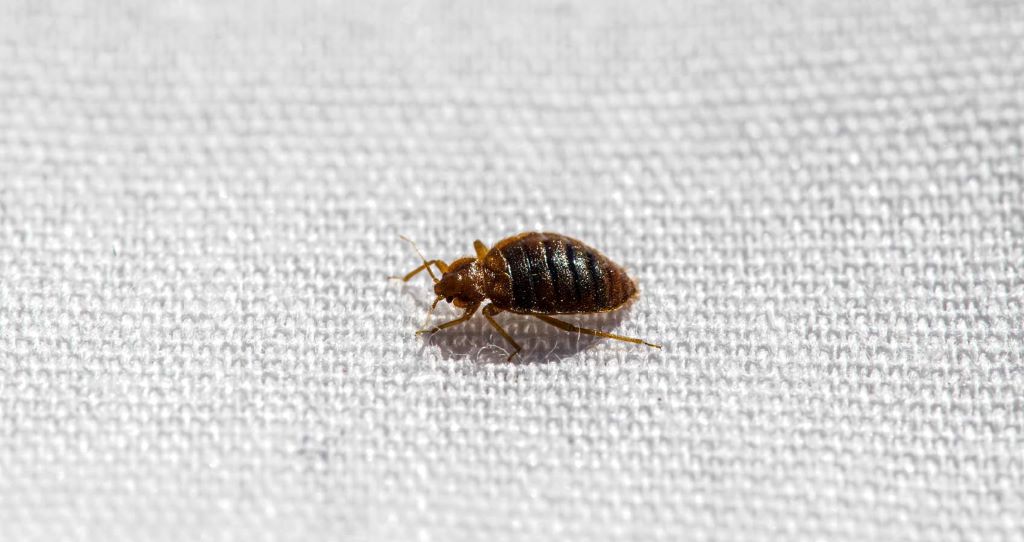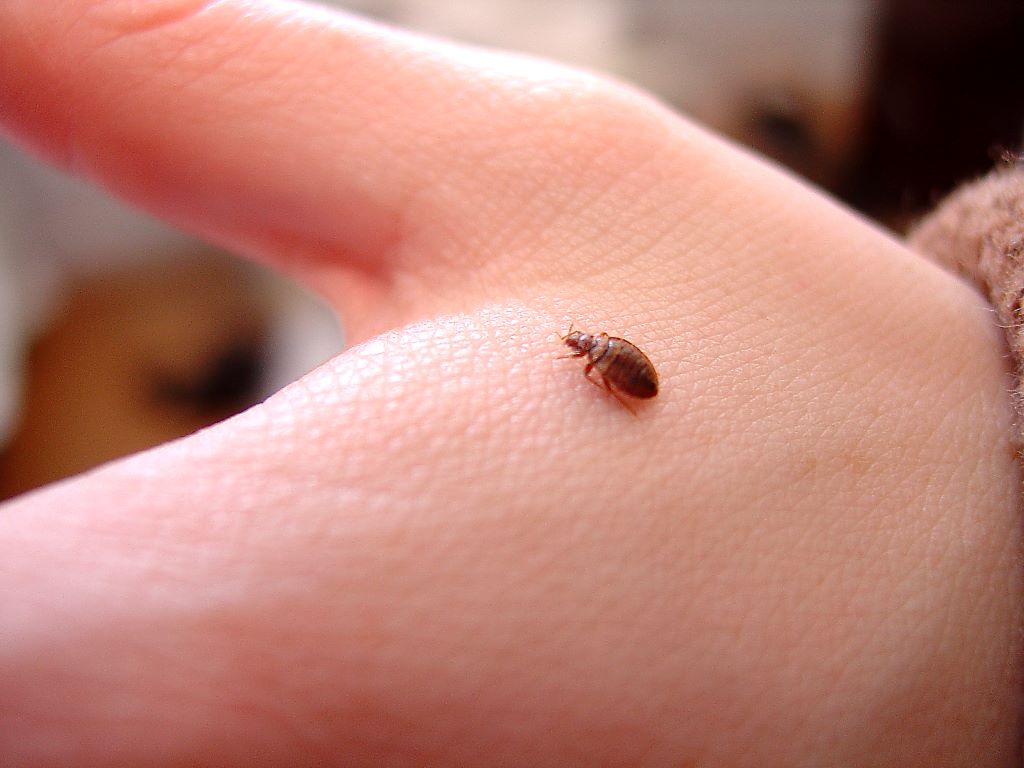Are you tired of waking up with itchy, red welts on your body? Bed bug bites can be incredibly annoying and uncomfortable, but the good news is that there are steps you can take to prevent them while you sleep. In this article, we will explore effective strategies and practical tips on how to prevent bed bug bites while sleeping, allowing you to enjoy a peaceful and bite-free night’s sleep.
Understand the Enemy: Bed Bugs
Before we delve into prevention methods, it’s essential to have a basic understanding of bed bugs. These tiny insects are nocturnal parasites that feed on the blood of humans and animals. They can hide in various places, including mattresses, bed frames, furniture, and even clothing. Bed bugs are notoriously difficult to eradicate once they infest a space, which makes prevention crucial. On a similar note, if you’re wondering about the reasons for the prevalence of cockroaches in Texas, it’s important to note that they thrive in warm and humid environments.
Keep Your Sleeping Area Clean and Tidy
Maintaining cleanliness in your sleeping area is an essential step in preventing bed bug infestations. Regularly vacuum your mattress, box spring, and surrounding areas to remove any potential hiding spots. Be sure to empty the vacuum cleaner outside to prevent bed bugs from re-infesting your living space.
Use Protective Mattress Covers
Investing in protective mattress covers can create a barrier between you and the bed bugs. These covers are designed to encase the entire mattress, making it difficult for the bugs to penetrate and reach you while you sleep. Look for mattress covers specifically labeled as “bed bug-proof” or “allergen-proof” for maximum effectiveness.
Inspect Hotel Rooms When Traveling
Traveling exposes you to a higher risk of encountering bed bugs. To minimize the chances of bringing these unwanted guests back home with you, inspect your hotel room thoroughly. Start by examining the mattress seams, headboards, and furniture for any signs of bed bug activity, such as dark spots or shed skins. If you spot any evidence, request a room change or find another accommodation.
Launder Your Bedding Regularly
Washing your bedding regularly at high temperatures can help eliminate any bed bugs or eggs that may be present. Use the hottest water setting suitable for the fabric and dry your bedding on high heat as well. This simple yet effective practice can significantly reduce the risk of bed bug infestations.
Reduce Clutter in Your Bedroom
Bed bugs thrive in cluttered environments as it provides them with numerous hiding spots. Keep your bedroom tidy and minimize clutter to reduce the chances of bed bugs finding a place to nest. Decluttering not only makes it easier to detect and treat an infestation but also prevents one from happening in the first place.
Avoid Purchasing Secondhand Furniture
While secondhand furniture may seem like a bargain, it can also come with hidden bed bug infestations. Avoid bringing used furniture into your home unless you have thoroughly inspected it for signs of bed bugs. If you do decide to purchase secondhand furniture, consider treating it with appropriate bed bug sprays or heat treatments before bringing it inside.
Seal Cracks and Crevices
Bed bugs can enter your home through tiny cracks and crevices. Inspect your bedroom and seal any gaps in walls, baseboards, or furniture to create a barrier against these pests. Use caulk or sealant to close off potential entry points and prevent bed bugs from infiltrating your sleeping space.
Consider Natural Repellents
Certain natural repellents are known to deter bed bugs and can be used as additional preventive measures. Essential oils such as lavender, tea tree, and peppermint have insect-repelling properties. Dilute a few drops of your chosen oil with water and spray it around your bed and bedroom to create a bed bug-resistant environment.
Seek Professional Help
If you suspect a bed bug infestation or have taken preventive measures without success, it’s essential to seek professional assistance. Pest control experts have the knowledge and tools to effectively eliminate bed bugs from your home. They can provide targeted treatments and offer guidance on preventing future infestations.
Conclusion
Preventing bed bug bites while sleeping is a matter of taking proactive steps to protect your sleeping environment. In addition to bed bug prevention, the benefits of professional carpet and upholstery cleaning extend to maintaining a healthier and fresher indoor environment. By keeping your sleeping area clean, using protective mattress covers, inspecting hotel rooms when traveling, laundering bedding regularly, reducing clutter, avoiding secondhand furniture, sealing cracks, considering natural repellents, and seeking professional help when needed, you can significantly reduce the risk of bed bug infestations and enjoy peaceful nights without annoying bites.





